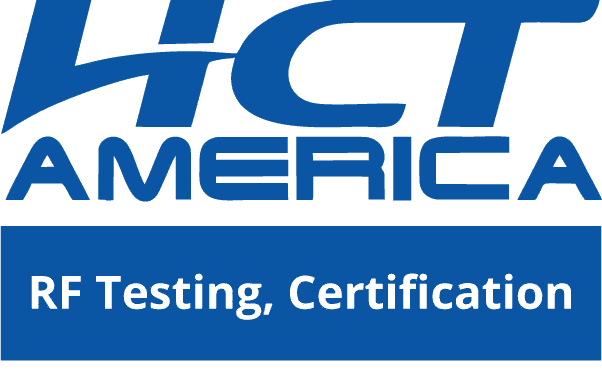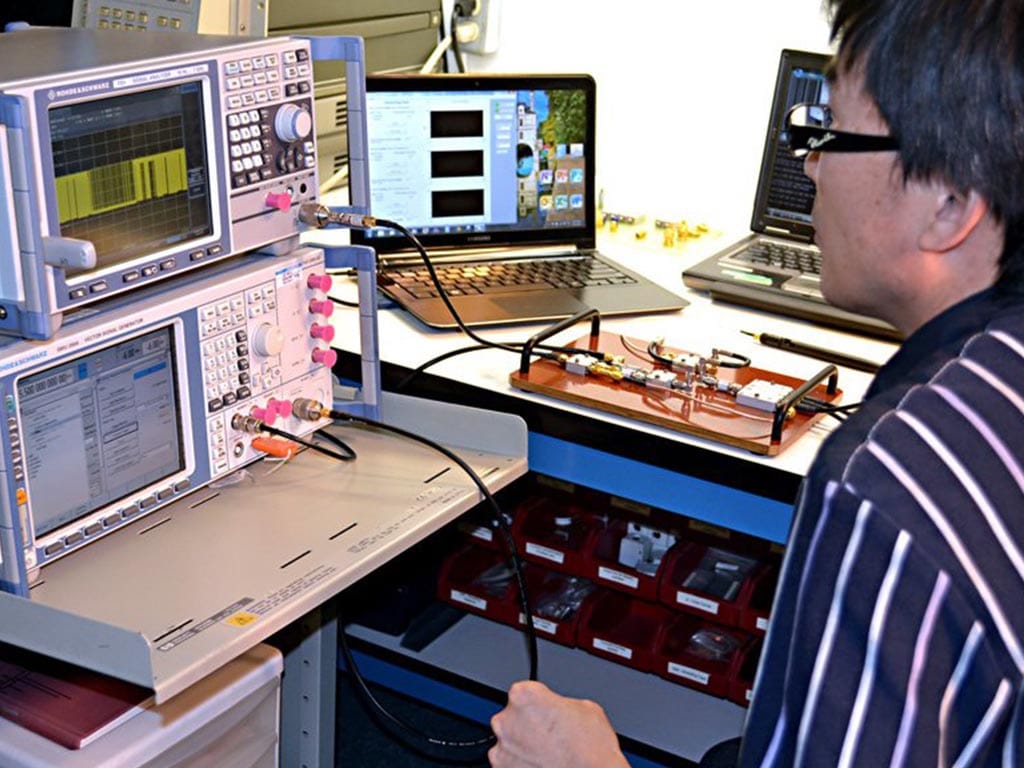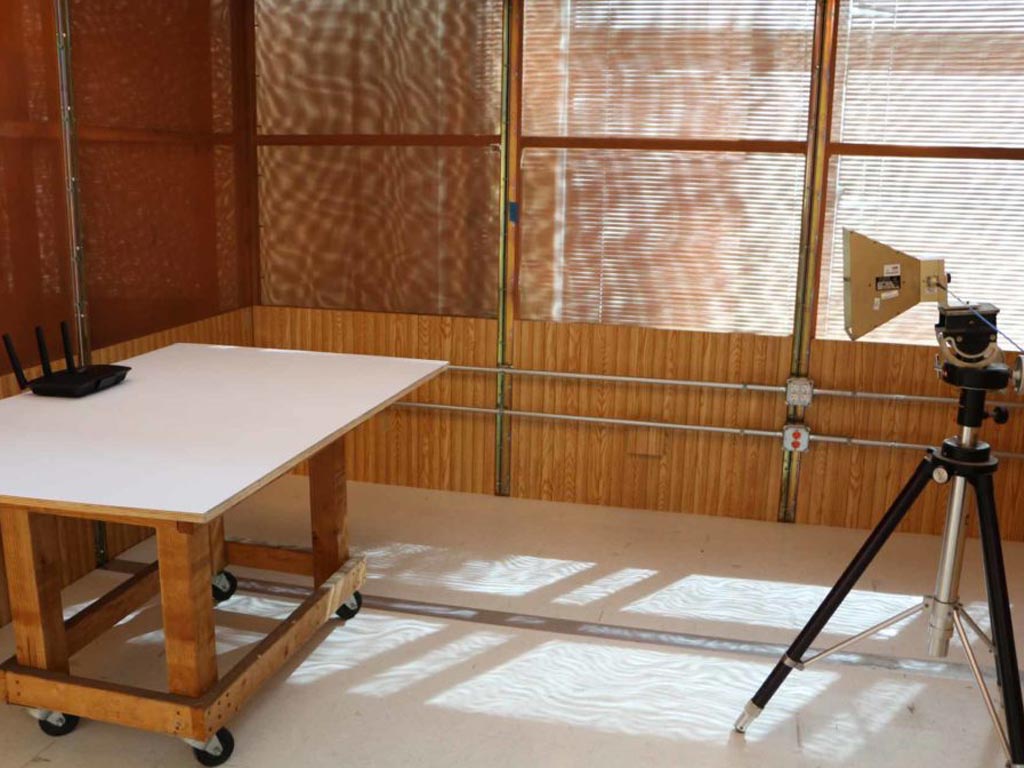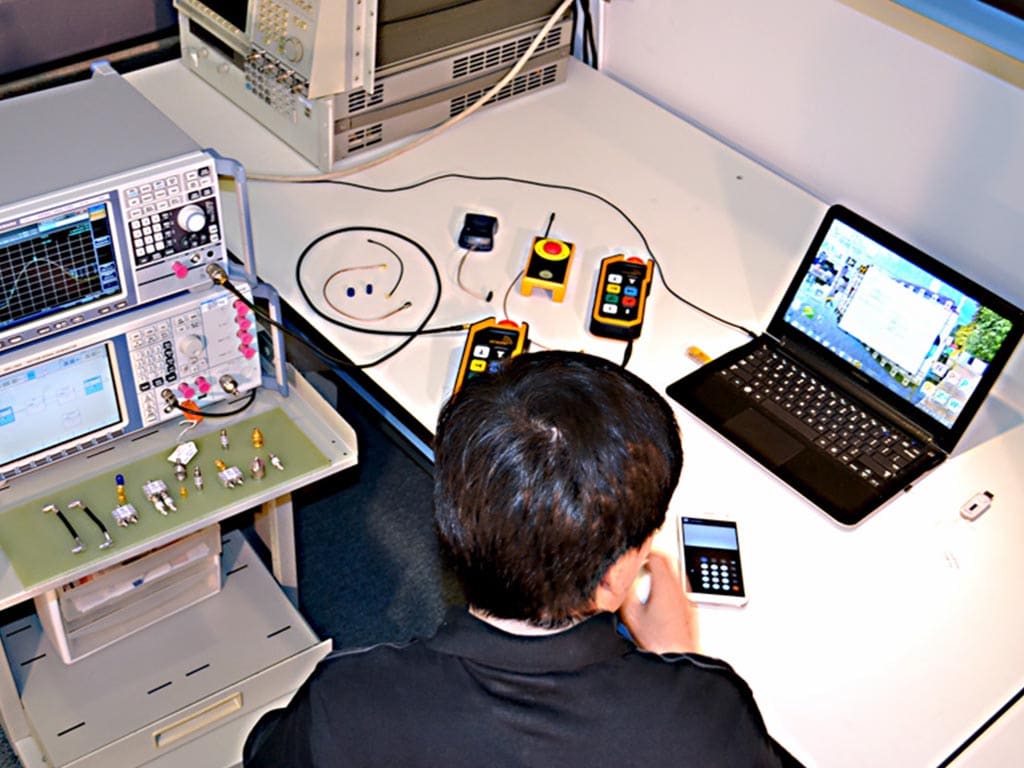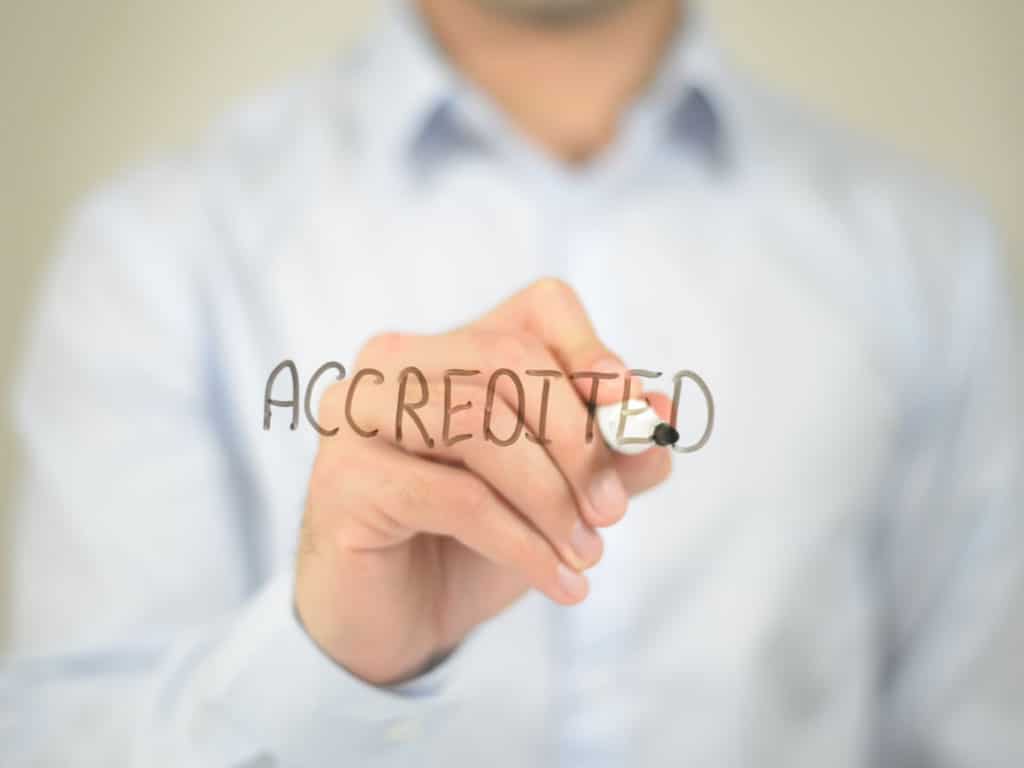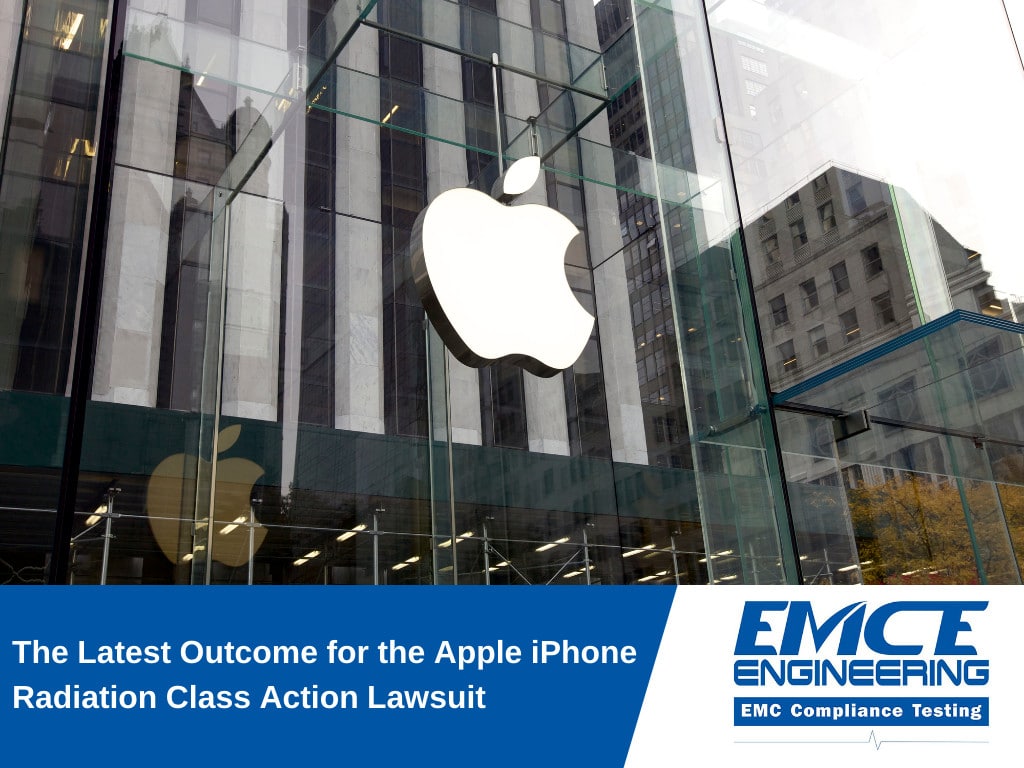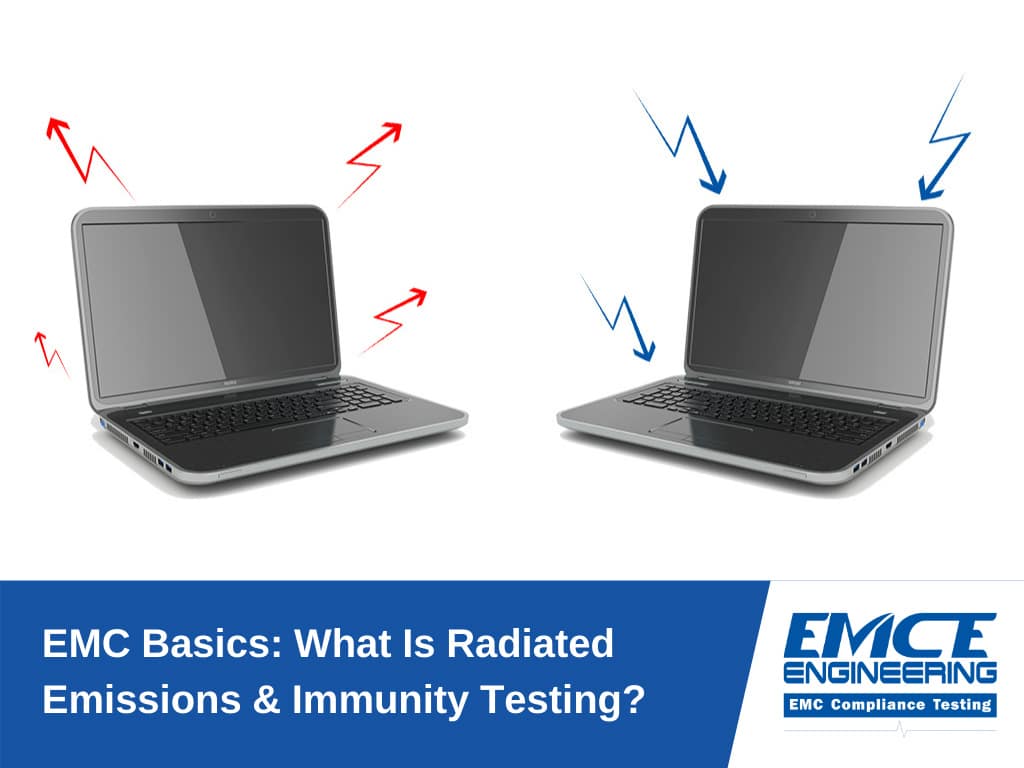How to Choose an RF Test Lab
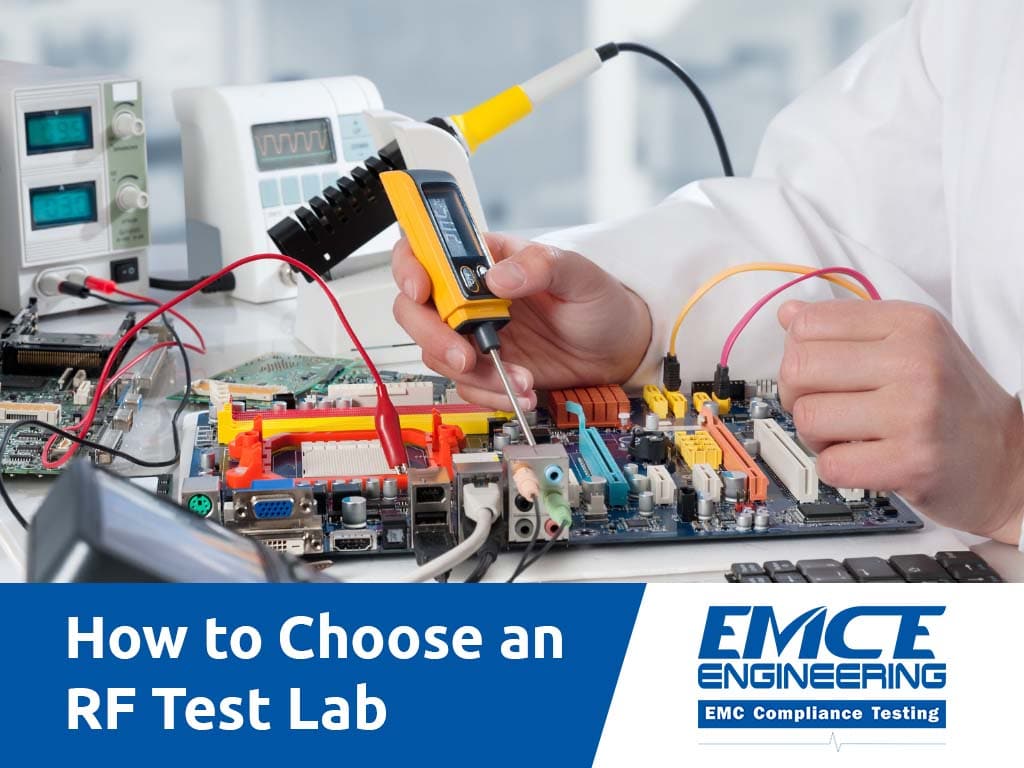
Electromagnetic Compatibility (EMC) and Radio Frequency (RF) Testing, also known as EMC, requires the right test lab. EMC is the interaction of electrical and electronic equipment with its electromagnetic environment and with other equipment. All electronic devices have the potential to emit electromagnetic fields. Because we used numerous devices each day, such as mobile phones, TVs, and even traffic lights, these devices can begin to interfere with each other.
RF testing, or radio frequency testing, helps to ensure the compliance of your wireless equipment and ensures it is in line with international regulatory requirements. All devices sold in the radio and telecommunications industry worldwide must be compliant with radio frequency test standards for short-range devices. This includes Bluetooth, wi-fi, Zigbee, PMR radio, RFID, NFC, and GPS. Cellular technologies like GSM, CDMA, 2G/3G/LTE in base stations, repeaters, mobile stations, and user equipment are also included.
The requirements will vary from location to location. They don’t just apply to manufacturers, either, but the people responsible for placing these devices on the market in the first place. Ensuring you understand the regulations for RF testing of your intended market will take a lot of time and effort on your part.
More About RF Testing
RF testing simulates the functionality and performance of radio and telecommunications equipment to ensure that each device does not interfere with other people and devices that may be on the RF spectrum. RF tests ensure that the radio equipment is utilizing the radio spectrum the way it should be and supporting the efficient use of the radio spectrum.
In short, radio frequency testing refers to the evaluation of radio equipment. This is an electrical or electronic product that emits or receives radio waves for the purpose of radio communication.
Radiofrequency compliance is a mandatory requirement in most international markets, including the EU, USA, Canada, Australia, and Japan. Your product cannot be legally sold if you do not comply with the regulations of each of your intended markets, whether your product is national or worldwide. RF testing is important because it will help you to avoid compliance failure and unnecessary market recalls, as well as expensive reworking. You will also be able to gain global market access more easily if this is your goal. This type of testing is also effective for helping you to secure a more solid position in the market.
To be able to place RF devices onto many markets, accredited testing, approvals, and certification are all required. By choosing the right RF lab, you will be able to navigate this complicated process far easier and be able to comply with what is expected of the product and your business. With the right lab, you will ensure that your wireless and RF products are compliant, compatible, and reliable.
Here’s how to choose an RF lab going by what you should look for.
International Wireless Testing
RF testing can help you to gain access to global markets. Looking for a lab that offers international wireless testing will ensure that your product is ready to be rolled out into any and all markets that you wish to commandeer. Below is an idea of the markets with various wireless testing requirements and regulations that you will need to keep an eye out for if you want to take your product to the global market.
- Europe
- America
- Canada
- Japan
- Australia & New Zealand
- Korea
- Vietnam
- Taiwan
Each of the above-listed countries has very different requirements, and getting to grips with them can be difficult. When you select the correct RF test lab, you will be able to discuss your goals so you know what kind of testing must be carried out. Without the right RF test lab, it may be impossible to legally take your product to a global market.
Experience
Ideally, the RF testing lab that you select will have a number of years of experience. Testing must be carried out thoroughly and professionally, and the best way to do this within your ideal timeframe is by selecting a lab with years of experience under their belt. HCT America, for example, has 40 years of experience in the industry.
Standards
Having a good idea of RF test labs standards is also imperative. If you want to ensure your product is ready to go to markets around the world, a high standard of testing must be carried out to ensure that it is truly safe and compliant. Although you may be able to take your product to market much faster when a lab has lower standards and cuts corners, you will likely end up regretting this later down the line when you experience expensive product recalls, lawsuits, and other potential issues.
Accreditation
Accreditation proves that an RF test lab can do what they say they do and should give you peace of mind during the testing process. HCT America is accredited by NVLAP (Testing Lab Code 200092-0). As a result, HCT America Engineering’s Accredited Scope covers all classes of transmitters, which include a certification under FCC Rule Parts 11 – 101, Industry Canada Radio Standards (RSS) 111 – 310, and all Korea KCC wireless approval regulations.
Compliance
A trustworthy RF testing lab will comply with the rules and regulations laid out by the governing body of the market they are testing for. Without the knowledge, accreditation, and experience required, compliance will be difficult. All of these things are interconnected and are the only way you can be sure you have found a trustworthy lab.
Reputation
If an RF lab has a good reputation, it’s a good sign. It could be an idea to look at third-party review sites, as well as customer testimonials. Asking connections in your network for recommendations and advice should also point you in the right direction.
Customer Service
Customer service is everything, as you want to be kept in the loop every step of the way.
HCT America staff provides Worldwide EMC/RF compliance certification services to over 125 countries. Our experts understand that expediting market access is critical in today’s competitive sales environment.
